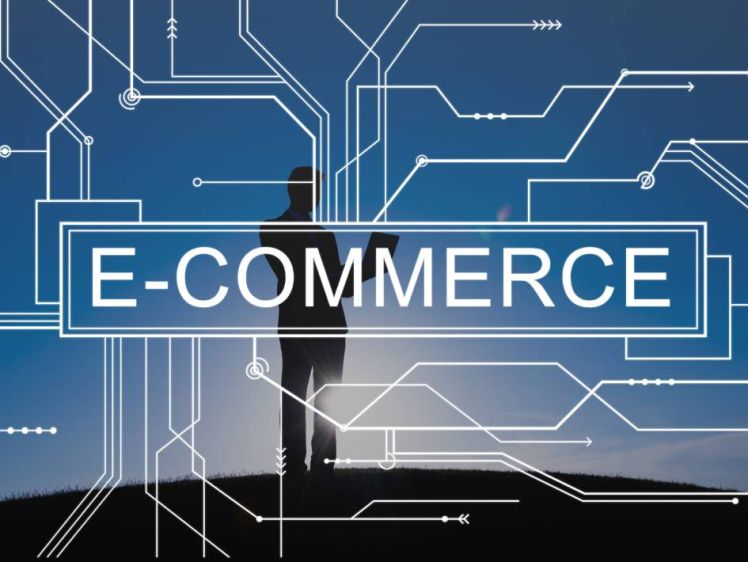In an era dominated by digital interactions, e-commerce has become an integral part of the retail landscape. As businesses navigate the competitive online marketplace, the question that often arises is: Is e-commerce marketing worth the investment? In this blog, we'll delve into the various aspects of e-commerce marketing to unravel its worth, exploring the benefits, challenges, and the return on investment (ROI) it can bring to businesses.
The Benefits of E-Commerce Marketing
1. Global Reach:
E-commerce marketing enables businesses to reach a global audience, breaking down geographical barriers and expanding market potential.
2. Increased Visibility:
Strategic online marketing efforts can significantly increase a brand's visibility, making it easier for potential customers to discover and engage with products or services.
3. Targeted Advertising:
E-commerce platforms offer sophisticated tools for targeted advertising, allowing businesses to tailor their campaigns to specific demographics, interests, and behaviors.
4. Data-Driven Insights:
Online marketing provides valuable data and analytics, offering insights into customer behavior, preferences, and the effectiveness of marketing strategies.
5. 24/7 Accessibility:
Unlike brick-and-mortar stores with set operating hours, e-commerce allows businesses to remain accessible to customers around the clock, fostering convenience and flexibility.
6. Cost-Effective Marketing:
Digital marketing, when executed strategically, can be more cost-effective than traditional methods, offering a higher ROI for businesses with limited budgets.
Challenges of E-Commerce Marketing
1. Intense Competition:
The online marketplace is highly competitive, with numerous businesses vying for the attention of the same audience. Standing out requires creativity and a well-executed marketing strategy.
2. Constant Adaptation:
The digital landscape evolves rapidly. Staying relevant and effective in e-commerce marketing demands continuous adaptation to new technologies, trends, and consumer behaviors.
3. Security Concerns:
Security and privacy issues can be a concern for both businesses and consumers. Implementing robust cybersecurity measures is essential to build trust and protect sensitive information.
4. Logistical Challenges:
Efficient order fulfillment, shipping, and returns management are critical components of e-commerce. Overcoming logistical challenges is essential for providing a positive customer experience.
Measuring the ROI of E-Commerce Marketing
1. Sales Metrics:
Monitor the increase in sales directly attributed to your marketing efforts. This could include tracking the number of transactions, average order value, and overall revenue generated.
2. Conversion Rates:
Analyze the conversion rates of your online store, focusing on the percentage of visitors who make a purchase. Improving conversion rates is a key indicator of effective marketing strategies.
3. Customer Acquisition Cost (CAC):
Calculate the cost of acquiring a new customer through your marketing efforts. Compare this cost to the lifetime value of a customer to ensure a positive ROI.
4. Customer Retention:
Repeat business is a significant contributor to ROI. Measure customer retention rates and the effectiveness of loyalty programs to assess the long-term impact of your marketing strategies.
5. Social Media Engagement:
Evaluate the engagement on your social media platforms, including likes, shares, comments, and click-through rates. Social media metrics can provide insights into brand awareness and audience interaction.
Is E-Commerce Marketing Worth It?
In assessing the worth of e-commerce marketing, it's crucial to recognize that its success is contingent on various factors, including strategy, execution, and adaptation. For many businesses, the benefits far outweigh the challenges when a well-thought-out marketing plan is implemented.
E-commerce marketing is worth it when:
1. Strategic Planning is Employed: A clear, data-driven marketing strategy tailored to your target audience can yield significant returns.
2. Continuous Adaptation Occurs: Staying abreast of industry trends and swiftly adapting to changes in the digital landscape is key to sustained success.
3. Customer Experience is Prioritized: Providing a seamless, secure, and positive customer experience fosters loyalty and repeat business.
4. Measurable ROI is Achieved: Regularly analyzing key performance indicators allows businesses to measure the effectiveness of their marketing efforts and make data-driven adjustments.
In conclusion, e-commerce marketing is a powerful tool for businesses seeking to thrive in the digital age. While challenges exist, the potential benefits, when realized through strategic planning and adaptation, make it a worthwhile investment for those looking to tap into the vast opportunities offered by online retail.


